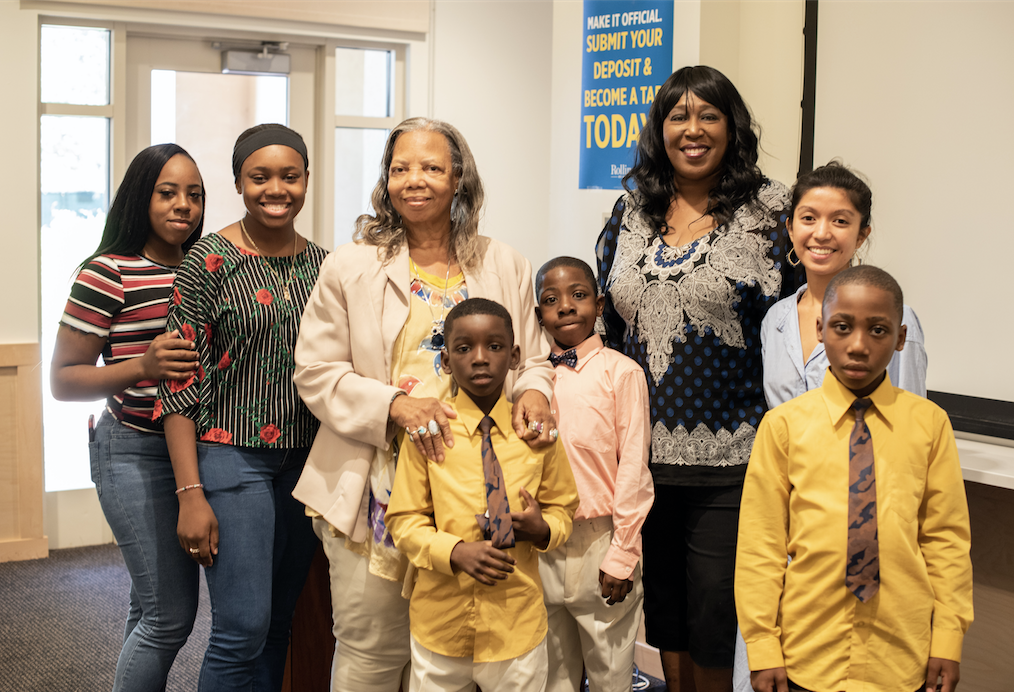
When it comes to protecting the environment, women often lead the way. Iconic names like Rachel Carson, Marjory Stoneman Douglas, and Marjorie Harris Carr frequently come up in household conversations about the environmental movement—history credits them for their courageous roles in protecting species, landscapes, and natural resources.
But what about the women who came after them, those who still lead the fight today? What do these women across history have in common? What ignites their fiery determination to protect the environment and their communities?
If you ask Gabbie Buendia (‘19), she would tell you it is their motherhood.
Buendia spent nearly eight months researching how women—specifically mothers—play a unique and instrumental role in leading movements to protect the environment. This work was a part of her honors thesis in her major.
The environmental studies major with a minor in sexuality, women’s, and gender studies presented her thesis titled “Earth Mommas: The Impact of Mothers on the Environmental Justice Movement” to an enthusiastic room of faculty, staff, and students on Tuesday, April 23.
Her 45-minute exhibition was the product of a 90-page paper outlining the intersection of femininity and conservation. Buendia met and interviewed five different women from underserved communities in Michigan and Florida who lead fights for environmental justice.
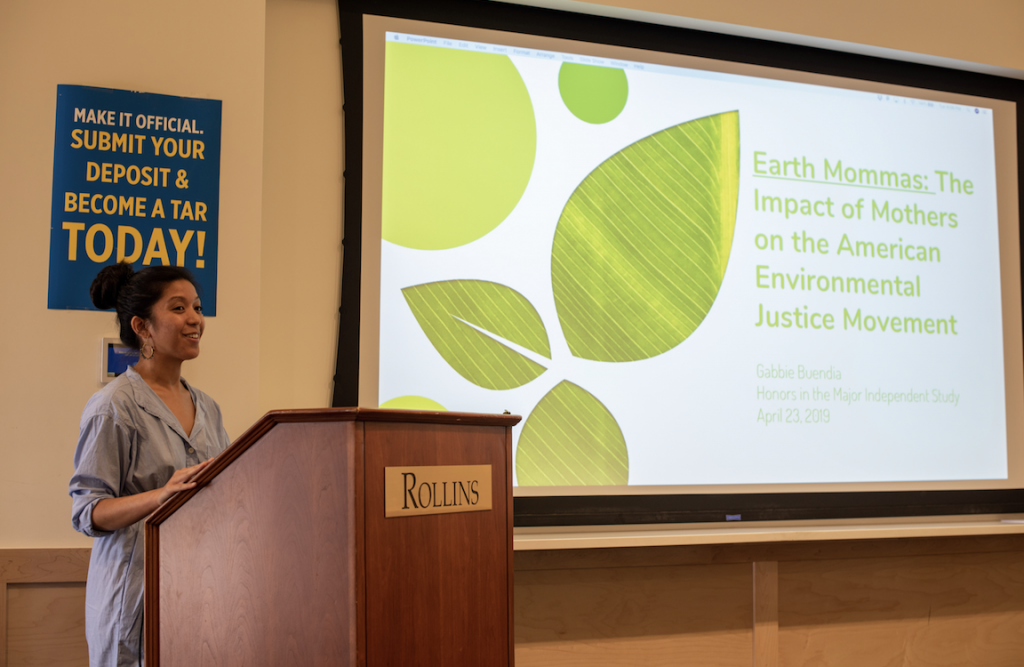
Environmental justice is about establishing fair living conditions for people regardless of status, income, or race.
Environmental justice issues disproportionately affect low-income people and people of color who have little political power.
Their neighborhoods are often targeted as locations for toxic waste companies, fume-emitting facilities, and soil-leaching landfills.
For example, poverty-stricken black and Latino children are more than twice as likely to live near dangerous chemical facilities compared to white children who live above the poverty line, according to a 2016 study by the Center for Effective Government.
These inequalities are deeply-rooted because of history, but when problems arise, mothers are often on the front lines fighting for justice for their communities, fueled by their natural instincts to care for others and think collectively.
Connecting with communities: Florida to Michigan
Buendia’s interviewees included Mona Monroe-Younis, a woman from Flint, Mich. who was pregnant during the city’s water crisis and whose child was impacted by the lead-contaminated water.
Buendia honed in on local issues. She met with Luwanna Gelzer of Parramore, Orlando—an organizer and activist fighting the gentrification and Superfund sites poisoning one of Orlando’s poorest, historically black communities.
Buendia traveled to Apopka, Fla. to meet with Linda Lee, a farmworker who lives with severe health conditions due to exposure to toxic chemicals in the fields.
Buendia continued by interviewing Joy Ezell, a woman fighting to protect her home town of Perry, Fla., a small city that has had its water source contaminated by a large pulp mill.

Not every woman interviewed is a mother biologically—four of the five are—but they each share similar experiences of motherly instincts, passions, and skills, all qualities that fascinate Buendia.
“With environmental activism in particular, there are really strong gender ties between women and the environment that bring women closer to this work,” Buendia said.
“When a woman is carrying a child, they are the environment for their children… When they give birth to that child, they are no longer in control of everything their child is exposed to, and that’s a really stressful experience.”
She added, “Because they understand the experience that everything they put into themselves goes into their child, then they also understand this experience that everything I put into this environment, will go back into me and into my child.”
For women who have not had this biological experience but have participated in other mothering or fostering, a lot of the same skills still apply, like thinking collectively, taking care of others, and viewing the community as an extension of their family.
“Being able to think collectively gives women a really macroscopic view of their community, which allows them to identify the issues that they’re facing in their community,” Buendia said. “They can identify the issues in their community as environmental justice and not just as an isolated event.”
All of this information was gathered via interview transcriptions, which she read through, evaluated, and organized based on similarities in the women’s perspectives, as well as previous research studies on their communities.
Buendia said that the most common similarity between her interviewees’ experiences is the fact that they no longer trust their government: “They took all the precautionary steps to protect their children [from harmful environmental exposure], but the government and other people that are supposed to be obliged to do that, did not. That was a big frustration for them.”
“Spending time with each of these women was really inspiring and showed me how my values for environmental health and equality can be incorporated into a career, involvement in activist spaces, and even in my daily life through my interactions with others. I feel so fortunate to have met all of them,” Buendia said.
Buendia’s passion, background
Standing 5-foot-1 with a soft yet affirmative voice, the Filipino-American 22-year-old resembles the strength of those she researched.
She is one of five valedictorians for the class of 2019, having maintained a perfect 4.0 GPA while acting as co-lead coordinator of the Sustainability Program, work study for the Lucy Cross Center, and an advocate for underrepresented students.
Even more notably, she was a Doris Duke Conservation Scholar, a competitive two-summer program at the University of Michigan that supports diversity and inclusion in the environmental field. It was during this program that she found her passion for environmental justice.
Her thesis became the perfect combination of all her interdisciplinary activities and studies.
“Through her thesis, Gabbie amplifies the voices of the activists she interviewed, and sheds light on crucial environmental problems, especially those affecting communities of color,” said Dr. Margaret McLaren, professor of philosophy and a member of Buendia’s thesis committee.
“Her thesis beautifully combines her major in Environmental Studies with her SWAG minor with its emphasis on gendered and racial dimensions of environmental justice,” McLaren said.
“Throughout her time at Rollins, Gabbie has been a strong advocate of women’s and gender issues, and around issues of sustainability.”

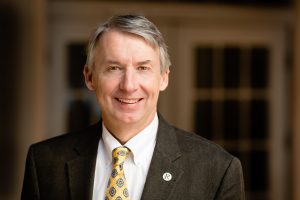
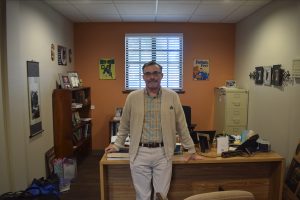
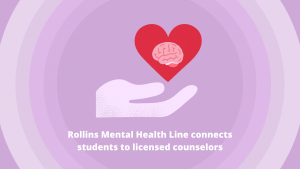






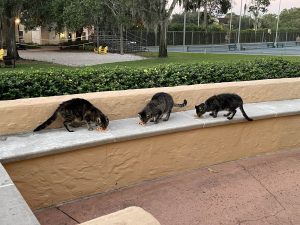

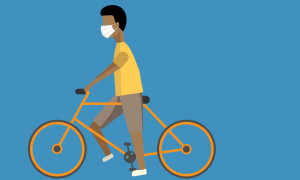
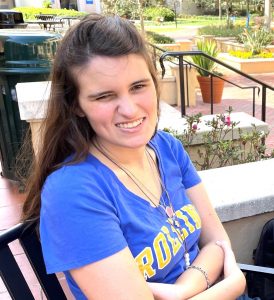

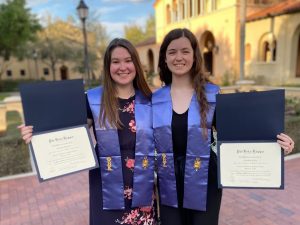
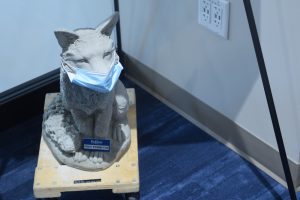
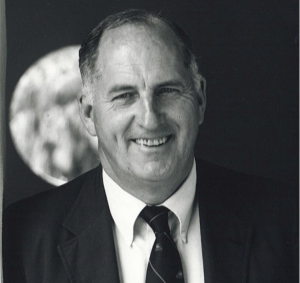
Be First to Comment